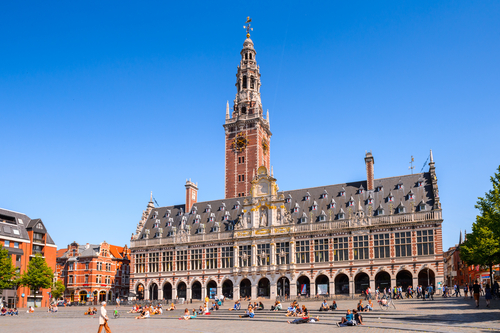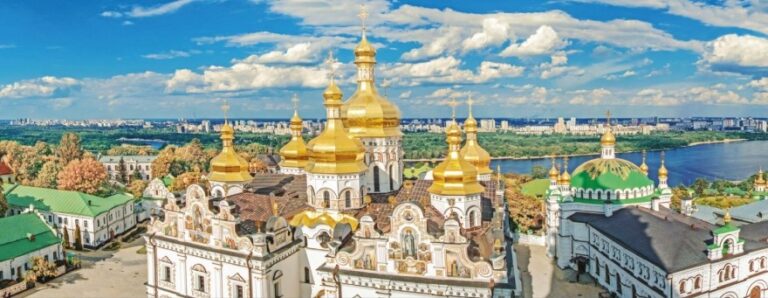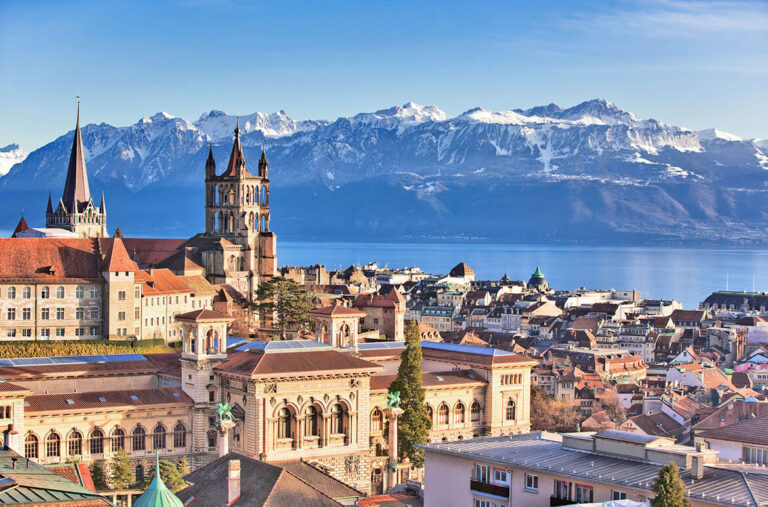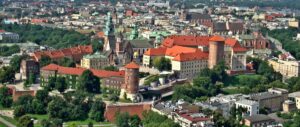Quick facts
- Population: 10,341,330 (2016)
- Capital: Lisbon
- Geographical size: 92,225 km2
- GDP: € 184.931 billion (2016)
- Official EU language(s): Portuguese
- Currency: Euro
Higher education in Portugal
- Number of higher education institutions: 127
- Number of students in higher education: 349,658 (2014/2015, Direção-Geral de Estatísticas de Educação e Ciência)
- Number of international students in higher education: 34,019 (2014/2015, Direção-Geral de Estatísticas de Educação e Ciência)
- Language of instruction: Most higher education study programmes in Portugal are taught in Portuguese, which is one of the most spoken languages in the world, but you will also find study programmes taught in other languages, namely in English.
- Typical tuition fees:
- Tuition fee for EU-students: For public higher education institutions, the annual tuition fee usually ranges from € 631.00 to € 1,068.00 (but may be higher for a minority of study programmes). For private higher education institutions, the tuition fee is fixed by the higher education institutions.
- Tuition fee for non EU-students: The tuition fee is fixed by the higher education institutions.
- Average length of a full-time higher education programme in Portugal:
- Bachelor’s degree programme: 3-4 years
- Master’s degree programme: 1.5-2 years
- Doctorate/PhD: 3-4 years
Overview
Founded in 1143, Portugal is one of the oldest countries in Europe.
Portugal is part of the European Union, and also has strong connections with other Portuguese language speaking countries, such as Brazil, Angola, Mozambique and others.
Located at the extreme southwest of Europe, Portugal is blessed with both an Atlantic and Mediterranean climate, providing mild year-round weather (usually between 10° C in winter and 30° C in summer).
Portugal’s first Higher Education Institution, the University of Coimbra, was founded in 1290. Nowadays there is a wide network of higher education institutions, comprising universities and polytechnics that are part of the European Higher Education Area (EHEA), offering a broad range of study programmes for students.
The Portuguese research landscape has changed dramatically since the mid 1990’s strengthening the country’s scientific and technological institutions.
Portuguese, one of the most spoken languages in the world, is the mother tongue in 9 countries covering about 200 million people, fostering a widespread culture and opening doors around the whole world.
Studying in Portugal is a wonderful opportunity to see a different lifestyle with strong family traditions, a friendly population and a relaxed, modern, affordable and safe environment with a strong “café” culture.
Portugal also allows you to experience a vibrant history and culture, with a strong attachment to the past.
Portuguese food is varied and rich, with many regional specialities and a Mediterranean inspiration. Portuguese wine is famous around the world, and goes far beyond the famous Port and Madeira’s wines, with many red and white wines winning international prizes.
With extensive coastline, you can enjoy the beautiful beaches and get involved in sports such as surfing, wind-sailing. In Portugal football is not just a game: it is also a way of life.
In Portugal, you will benefit from modern facilities and services on campus, plus lots of support from your campus international office, to help you have a fantastic experience.
In 2011, Portugal was ranked as the best European country for international students according to the StudyPortals report!











The standard chunk of Lorem Ipsum used since the 1500s is reproduced below for those interested.
Sections 1.10.32 and 1.10.33 from “de Finibus Bonorum et Malorum” by Cicero are also reproduced in their exact original form, accompanied by English versions from the 1914 translation by H. Rackham.
It is a long established fact that a reader will be distracted by the readable content of a page when looking at its layout.
The generated Lorem Ipsum is therefore always free from repetition, injected humour, or non-characteristic words etc.